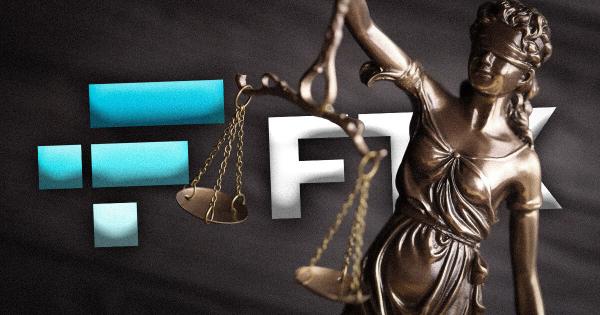SEC adopts proposal for regulating use of AI in markets

The U.S. Securities and Exchange Commission (SEC) has adopted a new set of rules for financial services that utilize artificial intelligence as of July 26.
The SEC’s proposal is designed to tackle potential conflicts of interest arising from companies’ use of predictive data analytics, AI, and related technologies. While the SEC acknowledged that AI and predictive technologies applications could be “optimized for investor interests,” it also warned that investors could experience harm if companies place their own interests first.
As such, the proposal lays out multiple requirements that companies could be compelled to follow. Those firms would need to identify, eliminate, or neutralize the effects of conflicts of interest related to AI and predictive analytics. Those firms must also create written policies and procedures for compliance and maintain records.
If approved, the rules apply to any broker-dealer or investment adviser registered under section 203 of the Investment Advisers Act of 1940, including their associated personnel, who are currently using or foreseeably will use advanced technology in their interactions with investors.
The SEC has not explicitly clarified whether the proposed AI regulations would apply to cryptocurrency exchanges. However, this is implied by the fact that the SEC has said that alternative trading systems dealing in digital assets are “subject to regulatory requirements, including registering with the SEC as a broker-dealer” since at least 2018.
Regardless, because the AI rule is in the proposal stage, it has not yet gone into effect.
Commissioner Peirce opposes AI rules
Though the SEC successfully voted to propose the AI rules, two members — Commissioners Hester Peirce and Mark Uyeda — voted against the proposal.
Peirce stated on July 26 that the proposal “exhibits hostility toward technology and disclosure.” She warned that the rule could be applied overbroadly and asserted that the SEC already has sufficient ability to enforce regulations.
Peirce is generally known for her openness to cryptocurrency and other new financial technologies, a stance that apparently extends to applications of AI.
The SEC also conducted two other votes. One vote concerned a proposal that exempts some online advisers; all five voting members passed it. The other vote concerned a final rule that requires companies to disclose cyberattacks; that vote passed 3-2 with dissent from Peirce and Uyeda and brought the rule into effect.




